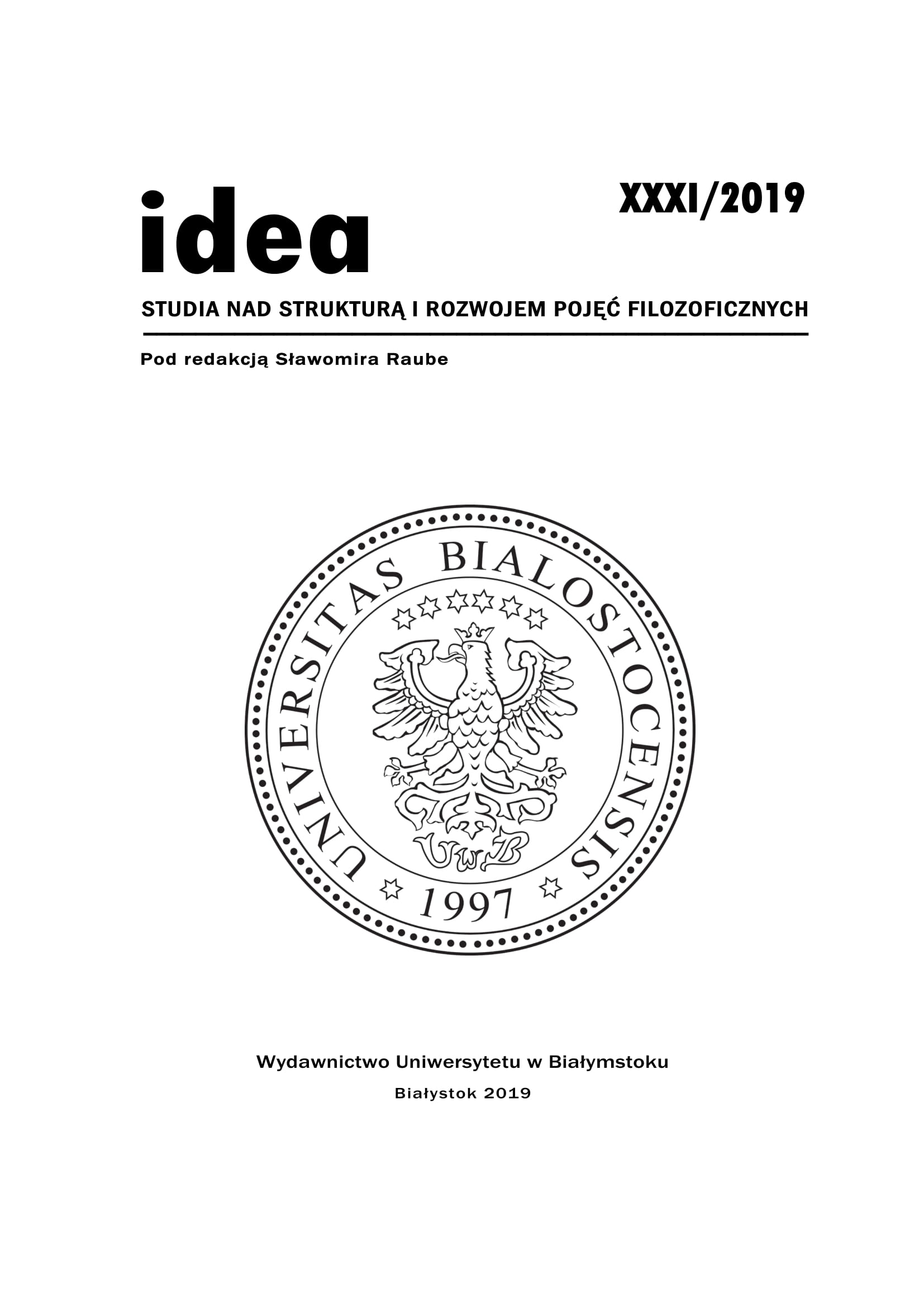The anti-Hegelian aspect of Tischner’s theory of truth
The anti-Hegelian aspect of Tischner’s theory of truth
Author(s): Artur JochlikSubject(s): Philosophy, History of Philosophy, Contemporary Philosophy
Published by: Wydawnictwo Uniwersytetu w Białymstoku
Keywords: Tischner; truth; Hegel; freedom; evil
Summary/Abstract: It is stated both by Tischner and his scholars that he follows the footsteps of Hegel. Yet thus far no one – including Tischner himself – was talking about exactly this aspect of Tischner’s thought that is antiHegelian. The best way to do that is to address the issue of truth. Tischner’s theory of truth is antiHegelian because Tischner puts emphasize on the word “feeling”, while at the same time describing his distrust for ontology, which leads him to two things: he thinks about truth first and foremost as a kind of value which is not privileged among other values, and he thinks too little about society. So it is anti-Hegelian because it denies the requirement of Hegel’s science as being the true knowledge of spirit about spirit. In order to understand more from Tischner’s philosophy independently of the issue of Hegel’s philosophy, one should take into consideration Tischner’s theory of evil.
Journal: Idea. Studia nad strukturą i rozwojem pojęć filozoficznych
- Issue Year: 2019
- Issue No: XXXI
- Page Range: 123-147
- Page Count: 25
- Language: English

